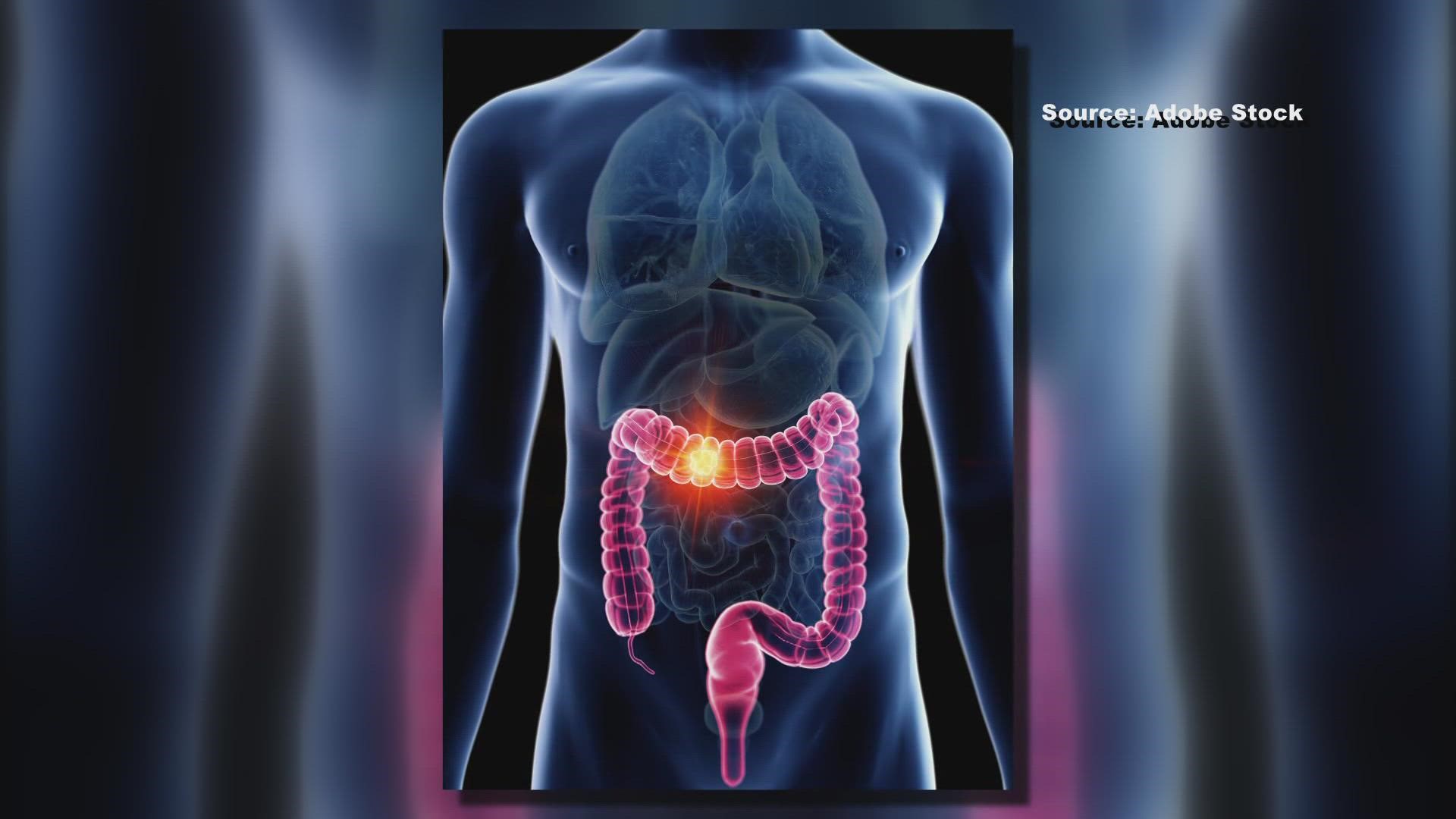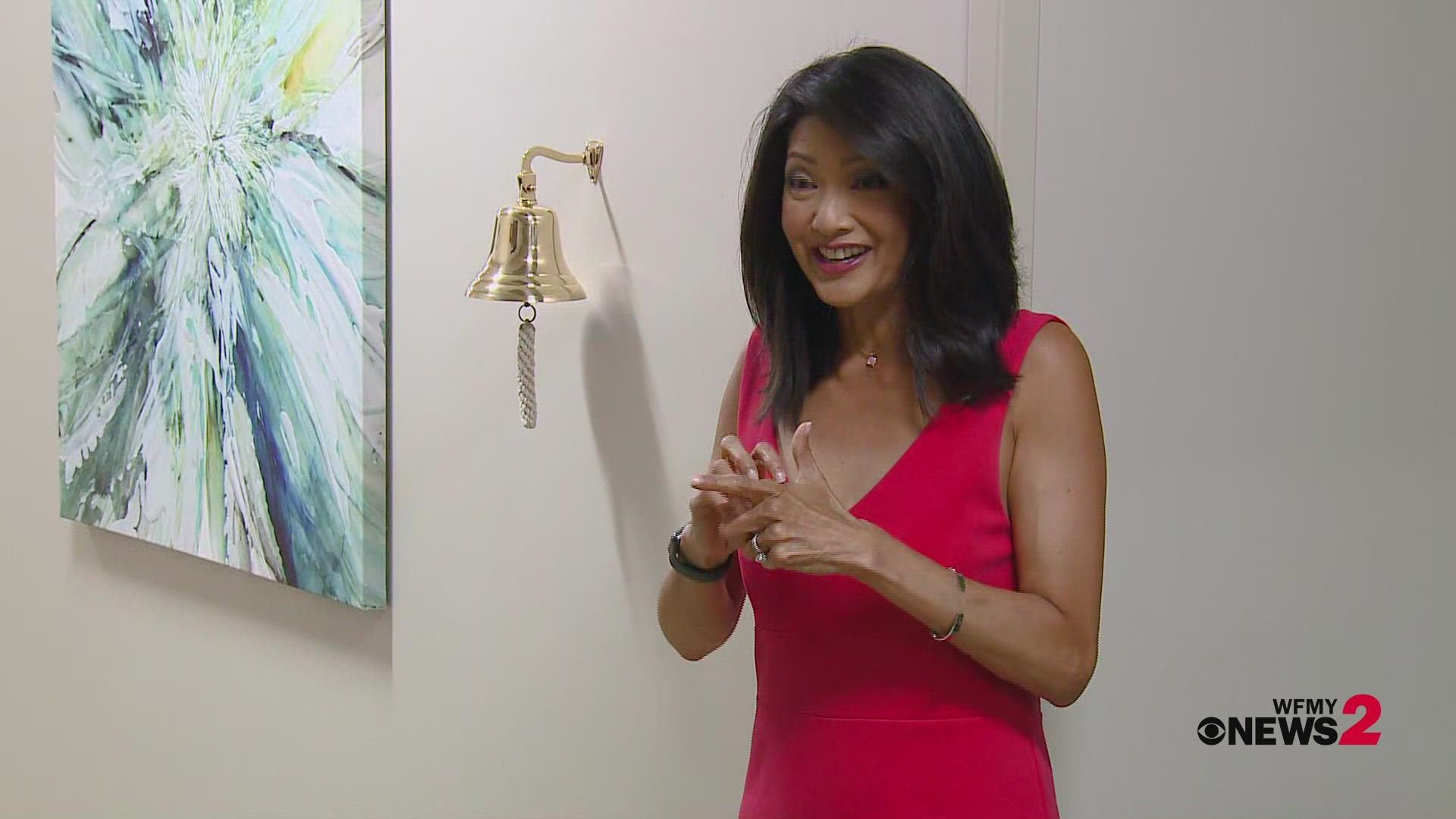GREENSBORO, N.C. — It all started in 2020. COVID impacted everything from the economy, our social lives, and of course our health.
While much of this has turned back to normal, what hasn't bounced back is our health, specifically preventative screenings. People are simply not going to the doctor like they used to.
A JAMA Oncology study found estimated screening deficits of 9.4 million. We're talking screenings for breast, colon, and prostate cancer specifically.
That lack of screening is showing up.
“We are seeing more breast cancer, colon cancer. We're talking mammograms and colonoscopies, they can actually prevent colon cancer, they can spot it early and get that polyp. They're important. We can get in there, we take care of it, and you're not getting cancer next year, so it's really important people get back out and let us do that screening again,” said Dr. Stacey Blyth, Lebauer Primary Care at Medcenter High Point.
Preventative screenings save lives. We know it's true because just this week our own Julie Luck rang the bell after a five-month battle with colon cancer.
Julie had months of chemo after she did a routine colonoscopy. She had no family history, no symptoms.
We're so thankful she's no longer in the chemo chair and she's back right here on the air.
For those of you thinking to yourself that you need to schedule a colonoscopy (recommended for those 45 years and older) but you’re really not looking forward to what you have to go through, doctors say this...
“The prep is not pleasant, but the consequences of a missed or late-diagnosed colon cancer are much more severe,” said Dr. Alston Sutter, Atrium Health Wake Forest Baptist.
Dr. Sutter says if everybody from age 45 to 75 got screened -- it would add about 123 days of life for every person screened.


